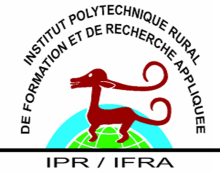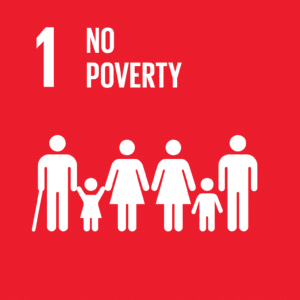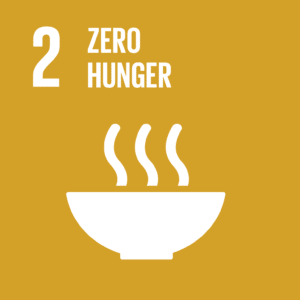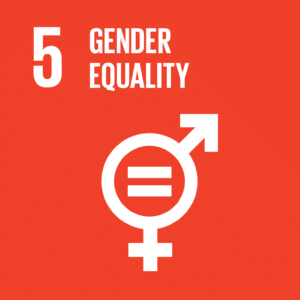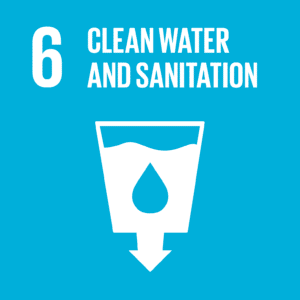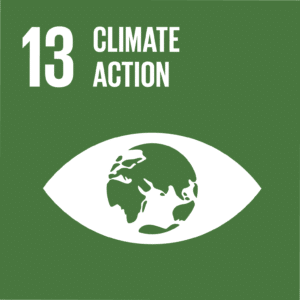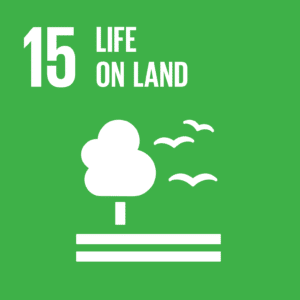Citizen science for climate-resilient agricultural water management
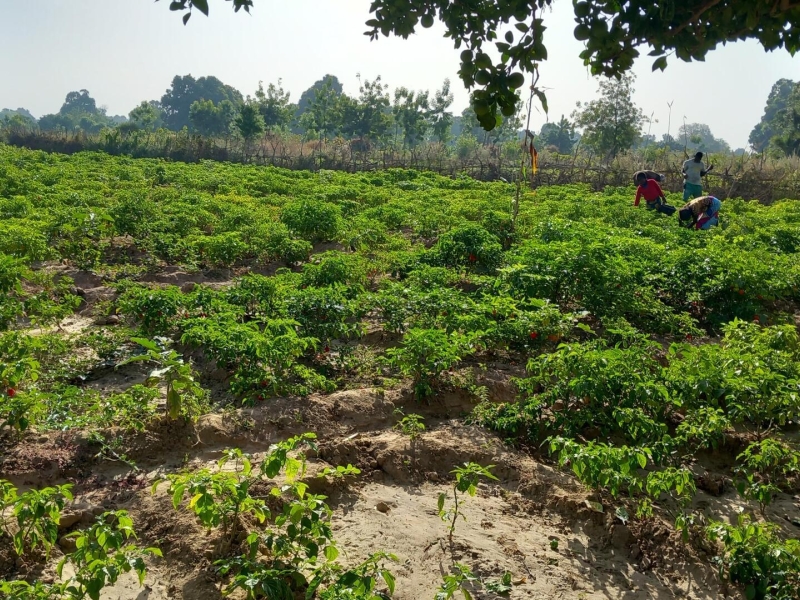
Climate challenges and the need for irrigation in Mali
In Mali, approximately 60% of the workforce is employed in agriculture, which accounts for 30% of the economy. Agriculture in Mali is heavily dependent on rainfall, making the sector particularly vulnerable to the impacts of climate change. Due to reduced and unpredictable rainfall, coupled with increased evaporation, agricultural yields have decreased by 15 to 19%. As a result, irrigation appears to be a resilient solution.
However, small family farms engaged in irrigated horticulture remain vulnerable to the effects of climate change due to limited control about irrigation water, as well as a lack of technical skills and resources. In the municipalities of Mandé and Mountougoula, near Bamako, there is significant potential for irrigated agriculture, but this potential is underutilized due to a lack of knowledge, poor water management and inefficient farming techniques.
Due to their limited ability to adapt, these farmers are increasingly falling into poverty and are forced to overexploit ecosystem services. This leads to the degradation of the agro-ecosystem, loss of biodiversity and the migration of youth to urban areas.
Local knowledge and scientific technology for sustainable irrigated agriculture
To reduce the vulnerability of farmers in Mali to the effects of climate change, adaptation measures for agriculture will be developed through citizen science. This approach involves collaboration between technological and scientific research institutions and farmers in the Mandé and Mountougoula regions. The goal is to enhance the resilience of family-run vegetable farms.
Knowledge about water resources for agricultural production will be improved. By collecting data and developing systems for monitoring water resources, farmers will gain better insight into water availability for agricultural production. Collaboration with farmers will also focus on developing new knowledge and techniques that align with their needs and challenges. Additionally, farmers will be trained in climate-resilient agricultural practices.
The innovative combination of local knowledge and scientific technology will effectively address the challenges of irrigated agriculture. Five hundred farmers will be empowered to continuously adapt to changing climate conditions and enhance their resilience. Advanced systems for monitoring water resources will be developed and integrated in five target areas.

Want to know more about this project?


